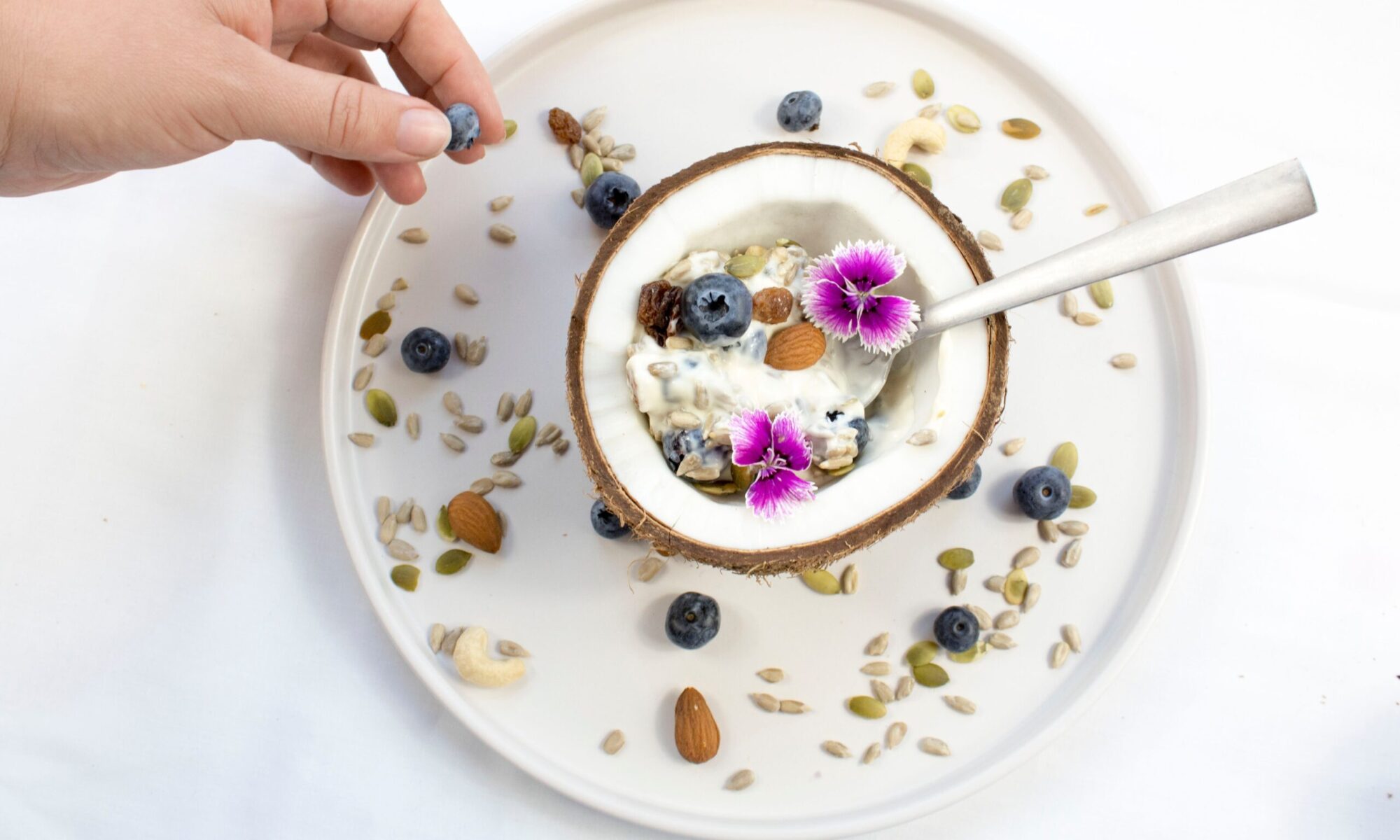Chia seeds are known to have been consumed since the 13th century by Aztec cultures for the strength, stamina, and endurance that they provided to their people. One tablespoon alone of chia was enough to sustain Aztec warriors for an entire day! The seeds were also used as medicine and prescribed for wounds, joint pain, sore throats, and sore eyes. Those ancient aztec warriors were clearly onto something. Made into a pudding, sprinkled into smoothies or salads, or added to baked goods, these seeds are nutritional powerhouses that can add benefits to our health. They are a great source of plant based omega 3 fatty acids (bonus for brain health), can improve blood sugar control (more steady energy and mood), feed healthy bacteria in the gut such as lactobacillus and help maintain bowel regularity to name just a few ways we can improve our health with consumption of these tiny seeds! These seeds they are so shelf stable (lasting up to 2 years) they make a super smart addition to anyone’s plant based pantry.
My favorite way to consume chia seeds is with chia pudding at breakfast – try this recipe, which is so basic and takes just a few minutes to assemble. A weekly staple in my fridge for a healthy breakfast, grab and go snack, or even dessert. Your taste buds will be happy, the microbes in your gut health will flourish, and your mood and energy will be stable thanks to all the delicious fiber and the blood sugar regulation benefits chia seeds offer. Click here for this easy and delicious recipe.



